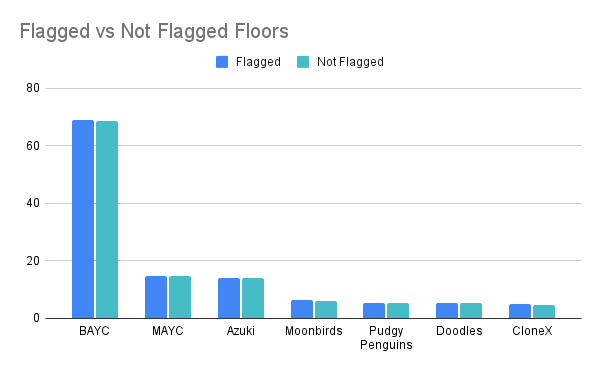Flagged NFTs & Digital Asset Loans
The recent announcement by Blur that it has removed all third-party “flag restrictions” on NFTs is coming at a time when we are seeing a tremendous surge in NFT collateralized loans on digital asset liquidity platforms.



This begs the question, what are the legal implications for traders and decentralized lending platforms when it comes to collateralizing loans with “flagged” NFTs. Digital asset lending services allow traders to collateralize cryptocurrency loans with NFTs they hold in their wallets. A simple wallet transaction is often all that is necessary for a borrower to obtain a loan on an NFT.
Collateralizing any loan with property that one knows, or has reason to believe is stolen, presents risk to both the borrower and the lender. If for example, the lender discovers that the property is stolen, they could pursue civil or criminal legal action against the borrower. Could the lender also take action to recover damages against the borrow? And if so, how would legal action impact the pending loan and ownership rights to the underlying digital asset?
An additional question to consider in this hypothetical scenario is what, if any, “know your customer” (“KYC”) information did the lender collect from the borrower at the time the loan was processed? If the lender failed comply with applicable KYC laws, then they may have a difficult time brining legal action against an “anon” borrower who knowingly obtained the loan on a stolen “flagged” NFT.
Exactly what legal risks this sort of a digial asset loan possess to both the borrower and the lender will no-doubt continue to be hotly debated in the space. This is especially the case as the decentralized world of finance continues to evolve and confront enforcement and regulatory challenges.
As always, this blog-post is strictly for information purposes only and should in no way be considered legal or financial advice.



